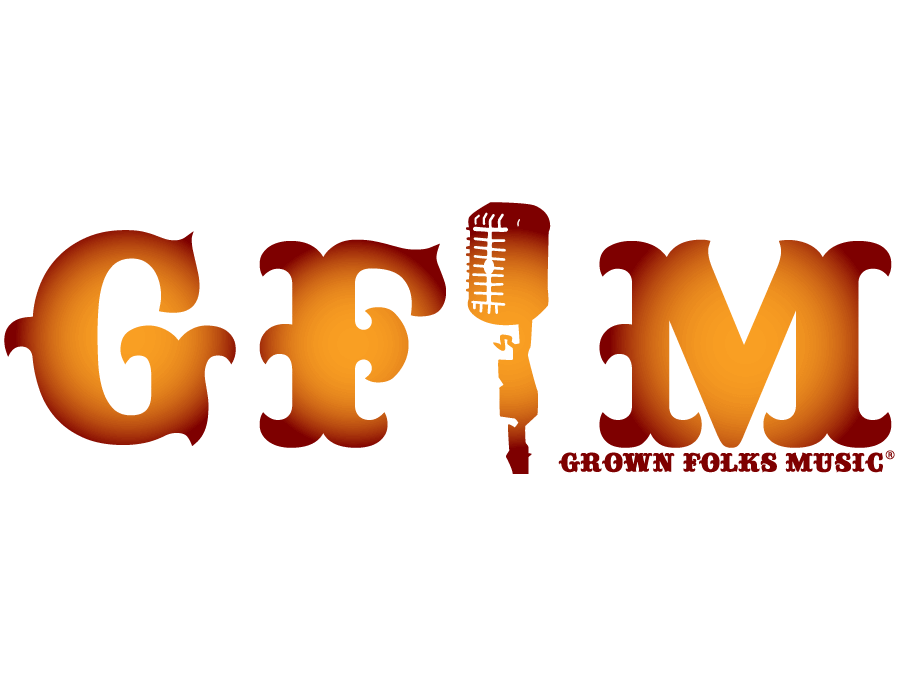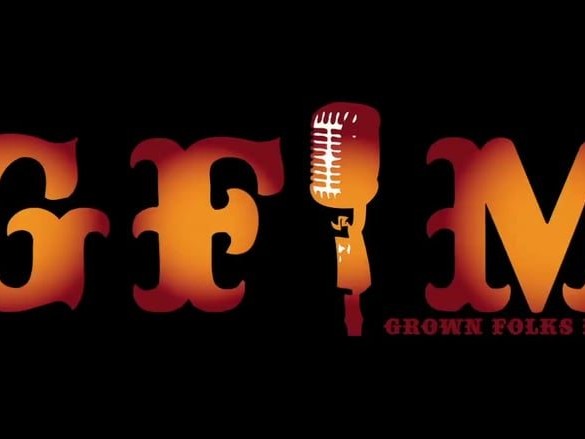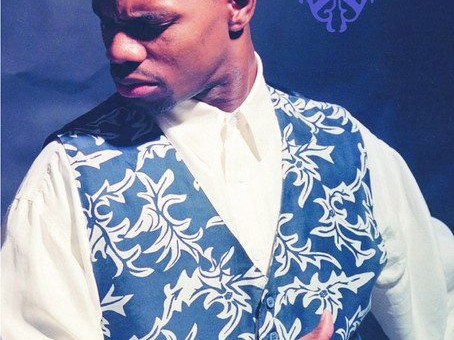Disclaimer numero uno: I am no one’s attorney. This post is more about the questions surrounding this type of litigation than a real “opinion” one way or the other. I happened to post the above article above because although seemingly progress has been made on the rights front cases like these and others in the news from the past year prove that there is still a way to go on all sides. If I had to posit a best guess as to why some of these issues arise is because quite honestly they’ve always been with us. Yes, this is nothing new (copying music legally or illegally and by extension some form of infringement on the holder of the rights).
I’m not going to debate the legalities of “sampling” one way or the other. As I have often said tools are innocent. Tools as in a digital sampler, piano, voice or any other instrument for that matter. Yes, we’ve never experienced the technology to fully replicate an entire recording or elements of that recording, actually we have sound-a-likes have been around since oh I don’t know like: ever. Like the first time some European Royal told the musician he or she “patronized” to write and play something like Bach or Mozart or whomever. You know the whole we like that sound but that musician is indentured to someone else type of thing.
Fast Forward to 2014 and we’re dealing with the same issue in a way but for the life of me (and this is solely my opinion) and not actually directed at the case above but I’m just confused as to why if you are going to use copyrighted source material, why not go through the proper channels. Could laws surrounding sampling be improved I believe so, but if that’s all that we have for now I would at least make an effort to be in compliance.
I will say that I am in no way a purist when it comes to sampling. Some feel that if you sample it’s not real music blah, blah, blah. I wouldn’t go that far. As I stated earlier I look at a sampler as another tool in the arsenal. Some folks over use tools and as a result they develop a very small palette to create from. The other side is that at it’s highest level sampling can truly transform the source material into something completely new unlike the nostalgia loops that many benefited from during the heady days of the 1990’s.
But when it is all said and done it comes down to the money. Who’s making it and who’s not. Who controls the copyrights and who doesn’t. There’s always two copyrights on a recorded song: The song itself and then the recording of that song. If you want to “cover” a song that’s a whole different proposition (read: much cheaper much easier to do) than if you want to sample the actual recording/performance. One you often deal just with the writer(s)/publisher(s) possibly through Harry Fox or maybe directly. The other of the record label, lawyers, and all other interested parties it seems along with the writer(s)/publisher(s).
See I’m practical (read:cheap) now if I know that “covering” a song costs this much as opposed to “sampling” which will probably cost a whole lot more, if I made the kind of music that relied on sampling, what I would do is think about the style of music I’m going to sample and find a couple of musicians (the best you can find) in town or wherever and say “Hey can you all play song X,Y,Z?”. They’ll probably come back with something like yeah we know that tune or we can learn that tune or whatever. Now, being a working musician(and you can adjust the rate for whatever your market rate is) I can tell you that there are some folks that would be happy to roll over to your studio and play the equivalent of the amount of time that it would take them to do a club gig or a private function sans PA load in – load out. Record these folks and get them to instrumentally get as close as possible to the original as they can. Then you can take the elements that you want, (hell you’ll even control the Sound Recording copyright) get your cover song paperwork straight and then do whatever you want.
I think what will happen is that if you create music in that manner it will slowly stop making music an either or proposition. We like to put music and people in categories and then we get in line and follow the prescribed rules. These folks make music this way and those folks make music that way and this is real and this isn’t and on and on. We can measure skill. That we can measure. But we should take caution in not being so divisive. I leave you with this… is there any rule stating that a Djembe and an MPC cannot be in the same room working together?
Perhaps we should refocus away from the protecting of necks and the cashing of checks and put the energy into moving this music forward by working: together.
Ivan Orr is a multi-instrumentalist, composer, performer, and writer. A native of Charlottesville, Virginia Ivan was involved with the forming and nascent days of The Music Resource Center as its first Program Director. A graduate of Virginia Commonwealth University’s Department of Music, Ivan currently resides in Richmond, VA where he maintains an active performance and production schedule while serving as the Music Editor for Grown Folks Music, a position he has held since 2010.
RELATED POSTS
April 18, 2017
#ICYMI – New Music Mondays
February 18, 2015
Hey DJ Play That Song
April 30, 2015



